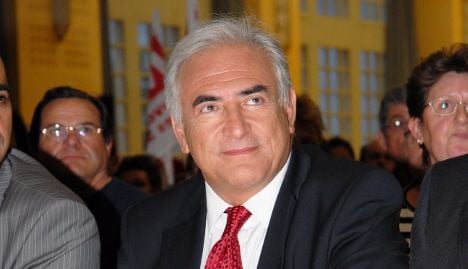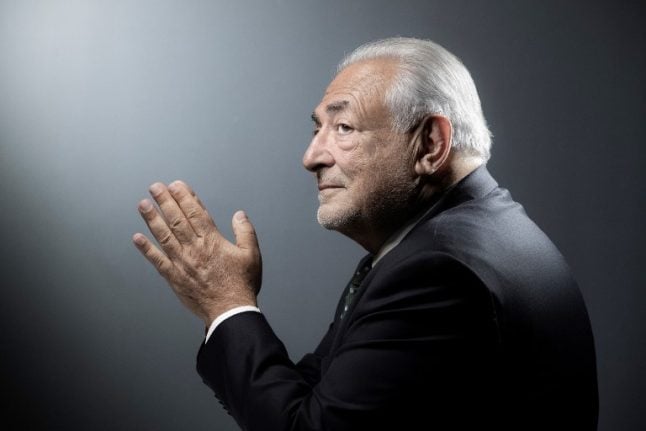Strauss-Kahn, who returned to Paris after New York rape charges against him were dropped, wanted the interview about the alleged assault on Tristane Banon done as soon as possible, lawyers Frederique Baulieu and Henri Leclerc said.
Banon came forward with her allegation in June after Strauss-Kahn was arrested in New York and accused of attempted rape by a hotel maid there.
The French writer says that Strauss-Kahn, who had a reputation as a womaniser even before he was accused of sexual assault in New York, tried to rape her in an empty Paris apartment in 2003.
Strauss-Kahn has denied both claims. The New York prosecutor’s case fall apart when it emerged that his accuser there had a history of dishonesty.
The French justice system has already interviewed several people, including prominent politicians, as part of the inquiry into the 2003 alleged attack, including former Socialist party leader Francois Hollande.
Banon’s mother is herself a Socialist politician.
Strauss-Kahn arrived back in Paris to a media frenzy on September 4th, a fortnight after the New York charges were dropped.
The 62-year-old Socialist politician, whose hopes for the French presidency have been torpedoed, still faces a civil suit from his New York accuser as well as the Banon claims.
Strauss-Kahn has filed a defamation suit against the writer.
After completing a preliminary inquiry, the French prosecutor can decide there is a case for prosecution, that there is no case, or that the alleged crime has been prescribed because it happened so long ago.



 Please whitelist us to continue reading.
Please whitelist us to continue reading.
Member comments